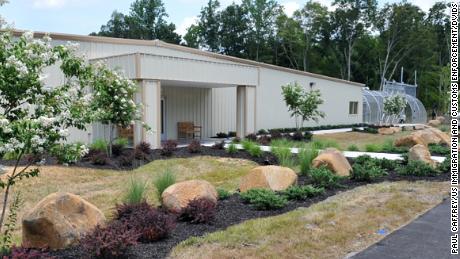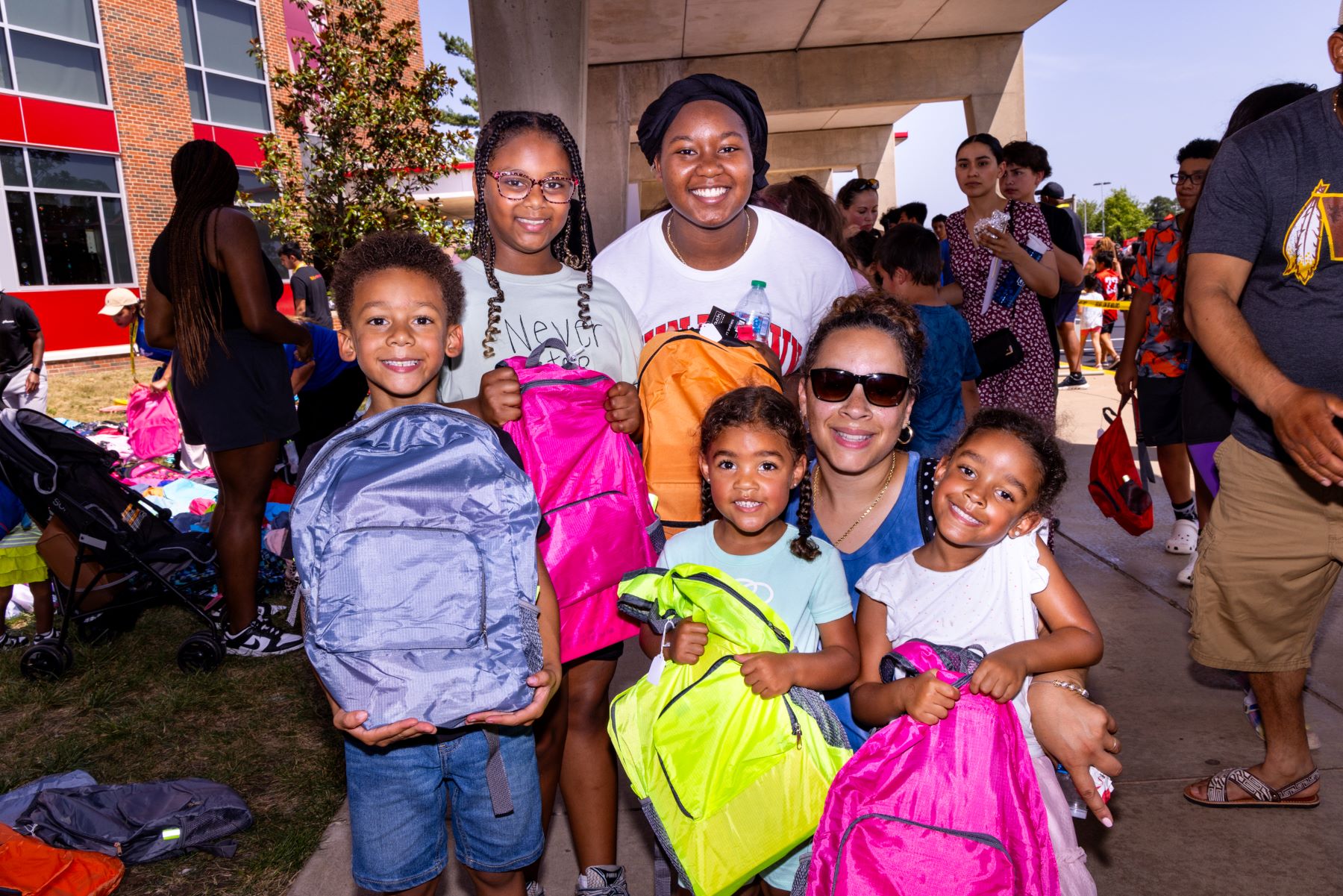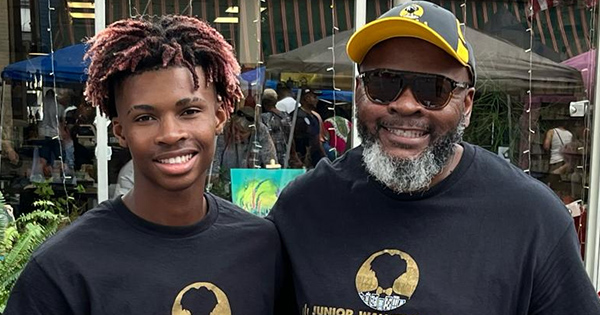Combating ICE in Virginia and Across the Nation
Under the Trump Administration, the number of immigrants detained by Immigration and Customs Enforcement skyrocketed, as did the average length of detention. Virginia was no exception to this rule, with a second ICE detention center opening in Caroline County. Medical care in ICE detention facilities is infamously poor, and the ICA Farmville detention center had the worst COVID-19 outbreak of any detention center in the nation. According to a CNN report, more than 75% of detainees in Farmville were treated for COVID-19.
ICE within the state of Virginia has had several issues, stemming from the end of the controversial 287(g) resolution in Prince William County back in July, to potentially posing as PWC police officers. Also, complaints of abuse and excessive force run rampant. Meanwhile, states from California to Illinois to Virginia are passing laws to try to curb some of the worst abuses and push back against privately owned detention centers.
At the 11th Virginia Immigrant Advocates Summit, which took place virtually via Zoom on both Wednesday and Thursday, activists from across the country talked about what can be done to curb the COVID-19 rates in these centers via scale down detention. In addition, they addressed the reasons behind the incarceration of so many detainees and how it should be handled.
Monica Berrera, Director of Strategic Partnerships at the Immigration Hub, talked about how implementing non-restrictive restraint is beneficial to wide spread detention methods since the majority of those who have entered the country want to go through the legal process.
“People do not want to hide from the courts. Sending someone a text reminder instead of restraining them helps so they can make their date and go through the channels,” said Berrera during the first day of the summit.
On Thursday there was a deep dive into what measures could be taken to reduce the number of detainees in the centers and if any legislation can be applied to protect people who come to this country seeking a better life. Among the panelists were :
Luis Oyola, Community Organizer, Legal Aid Justice Center
Mary Lareau, Congregation Action Network
Grisel Ruiz, Supervising Attorney, Immigrant Legal Resource Center
Silky Shah, Executive Director, Detention Watch Network
Paola Henriquez, Community Organizer, La ColectiVA, Free Them All VA Coalition
Madhvi Venkatraman, Community Organizer, Sanctuary DVM
The first question on the panel was how should the intersections between police & ICE detentions be handled?
Ruiz, who works in San Francisco, led the discussion. “It can’t be overstated that we have the largest concentration of detainees; 25% of the world’s incarceration is here in the United States. One of the first things we did in California was create a program called ‘The Budget to Save Lives,” and its goal was to divest into community-based solutions such as re-entry into the country.”
“We have to re-think about what criminalization means,” said Shah. “The rhetoric has created a divide between citizens and non-citizens. It also differentiates based on who commits what action, and in most cases it’s applied to minorities.”
Henriquez stated, “Abolition is a life community event because it involves everyone. Deportation is about disposal and becomes the focus of organizations like ICE. Everyone deserves to be free of oppression. If we become more in tune with emphasizing abolition, it will change how the process works.”
Venkatraman talked about changing the overall structure. “Unless we can dismantle systems of criminalization there will never be a just system for minorities.”
The second question that the panel had to discuss was what can reduce broader deportation?
Henriquez offered a different approach. Rather than take on the systems, focus on the victims. “Let’s support the detainees who have been impacted by the prison industrial complex. It builds community power.”
Venkatraman spoke about the system and how it is designed to increase profit margins. “Follow the money. A jewel of white supremacy is the money made by detaining immigrants. Cut off those access points and watch things change significantly.”
(Editor’s Note: For further details on the ICA contract in Farmville, click IGSA Contract – ICA Farmville, VA (documentcloud.org))
“End programs such as 287(g),” said Shah. “So much of what we are negotiation for depends on supporting the communities. What does abolition look like in the community? What is the transition into justice?”
Ruiz referred to an earlier point about connecting how communication channels are taking place on a local. “Access what is happening in our communities. Find out what the communication is like between police and ICE collaboration? How is the information being passed?”
“We need abolition on the local level so we can get it on a national level.”



